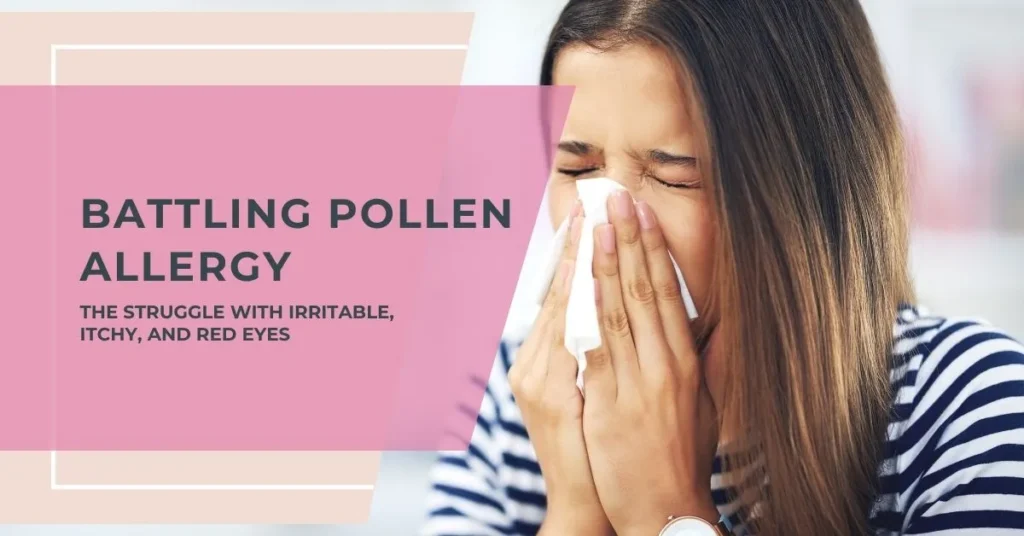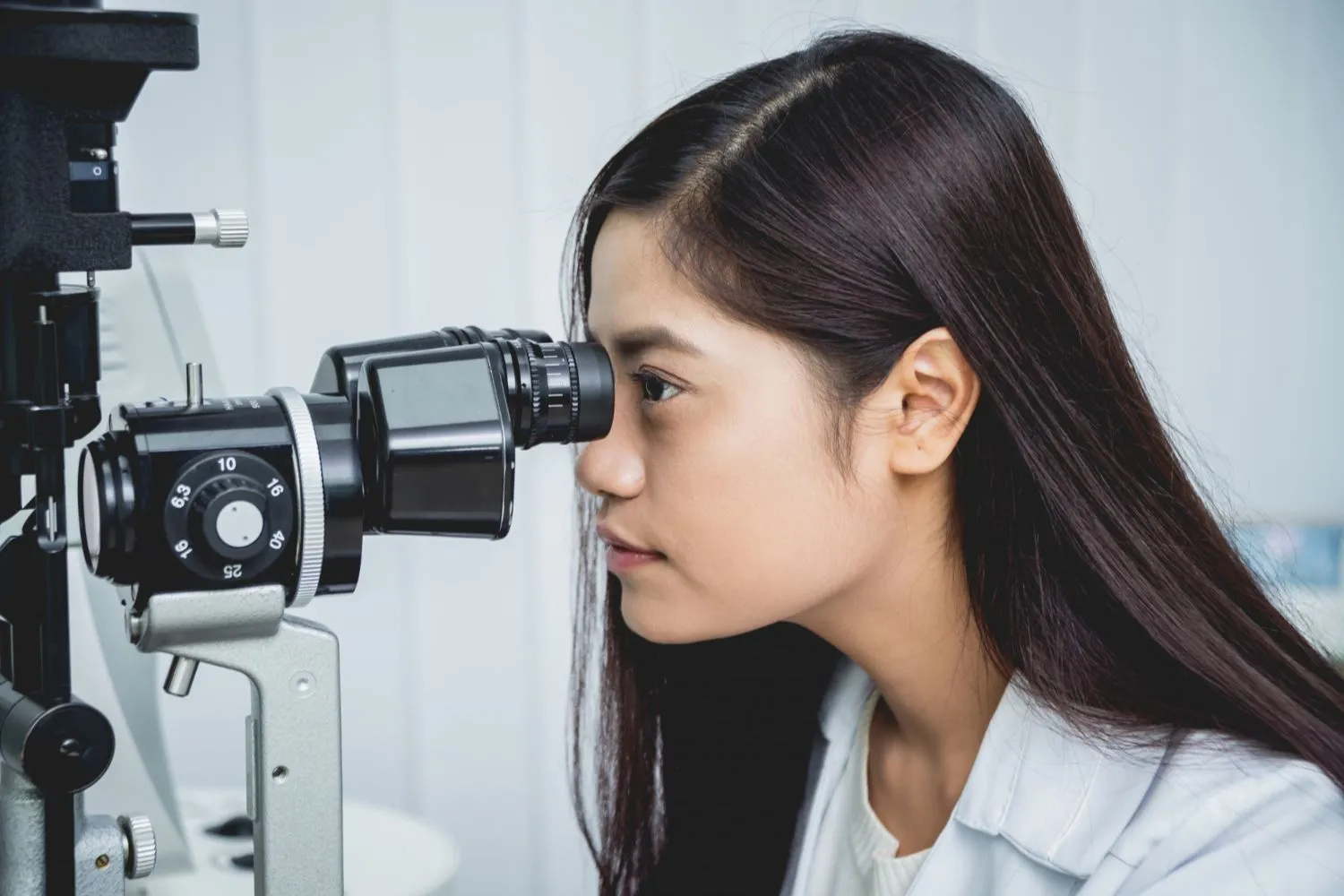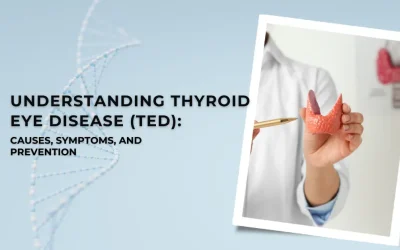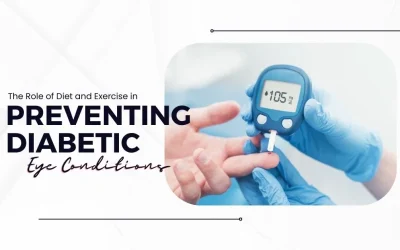Battling Pollen Allergy: The Struggle with Irritable, Itchy, and Red Eyes

Pollen allergy, also known as hay fever or allergic rhinitis, affects millions of individuals worldwide, causing a range of uncomfortable symptoms. Among these symptoms, one of the most bothersome and disruptive is the impact on the eyes. Irritable, itchy, and red eyes can significantly impair daily activities and diminish the quality of life for allergy sufferers.
Pollen allergy occurs when the body’s immune system overreacts to pollen particles in the air, triggering the release of histamine and other chemicals. This immune response leads to inflammation and irritation in various parts of the body, including the eyes.
The primary symptoms of pollen allergy affecting the eyes include:
- Irritation: Individuals often experience a persistent sensation of irritation or discomfort in the eyes, making it challenging to focus on tasks or activities.
- Itchiness: The eyes become intensely itchy, prompting frequent rubbing or scratching in an attempt to alleviate the discomfort.
- Redness: The whites of the eyes (sclera) may appear red or bloodshot due to inflammation caused by the allergic reaction.

The severity of these symptoms can vary depending on factors such as the type and concentration of pollen in the air, individual sensitivity, and the duration of exposure. During peak pollen seasons, such as spring and early summer, allergy sufferers may experience more pronounced eye symptoms.
The impact of irritable, itchy, and red eyes extends beyond physical discomfort, often interfering with daily activities and quality of life. Persistent itching and irritation can disrupt sleep patterns, leading to fatigue and irritability during the day. Additionally, red and watery eyes may affect self-confidence and social interactions, causing individuals to feel self-conscious about their appearance.
Managing pollen allergy-related eye symptoms requires a multi-faceted approach aimed at reducing exposure to allergens and alleviating discomfort. Some strategies include:
- Minimising Outdoor Exposure: Limiting time spent outdoors, particularly during peak pollen hours and windy days when pollen levels are high, can help reduce allergen exposure.
- Using Protective Eyewear: Wearing wraparound sunglasses or goggles can provide a physical barrier to prevent pollen from coming into contact with the eyes.
- Practising Good Hygiene: Washing hands frequently and avoiding rubbing or touching the eyes can help prevent further irritation and reduce the risk of infection.
- Using Artificial Tears: Over-the-counter lubricating eye drops can help soothe dryness and alleviate itching associated with pollen allergies.
- Seeking Medical Treatment: In cases of severe or persistent symptoms, consultation with an allergist or ophthalmologist may be necessary to explore prescription medications or immunotherapy options.

Conclusion: Pollen allergy-related eye symptoms, characterized by irritation, itchiness, and redness, can significantly impact the daily lives and overall well-being of affected individuals. By adopting proactive measures to minimize allergen exposure and seeking appropriate treatment, individuals can better manage their symptoms and enjoy improved eye comfort and quality of life, even amid allergy season.
Book your appointment now for all eye-related services.
Your Vision Our Focus


